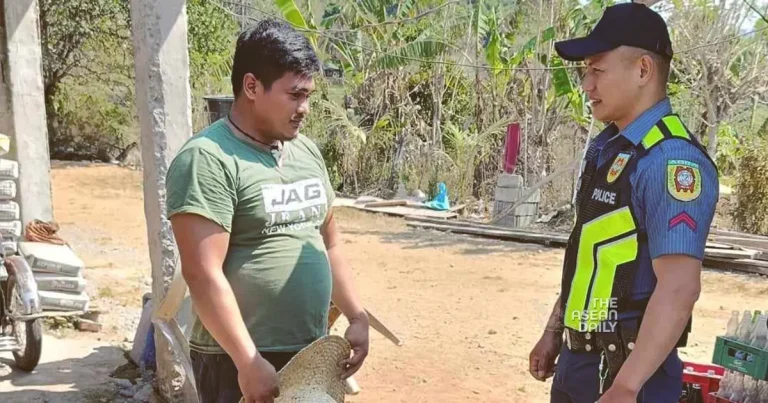7-3-2024 (MANILA) A group of human rights defenders has called upon the United Nations (UN) Human Rights Council for assistance in dismantling the Philippine government’s anti-insurgency task force, the National Task Force To End Local Communist Conflict (NTF-ELCAC), as well as the controversial Anti-Terrorism Law of 2020 (ATL).
In a press release issued on Wednesday, the Philippine Universal Periodic Watch Review (UPR) stated that the delegation would attend a session to testify regarding the “continuing human rights violations” under President Ferdinand Marcos Jr.’s administration.
“We are here to inform the international community that the findings of both special rapporteur on climate change and human rights, Ian Fry, in November, and special rapporteur on freedom of expression and opinion, Irene Khan, in February, regarding the ongoing human rights violations, are accurate,” stated the press release from the Philippine UPR, quoting Lia Mai Torres, the executive director of the Center for Environmental Concerns.
The UPR revealed that the delegation would present the findings from the visits of two UN rapporteurs to the Philippines, both of whom recommended the abolition of NTF-ELCAC and the Anti-Terrorism Law.
Back in November 2023, Ian Fry, the former UN special rapporteur on the promotion and protection of human rights in the context of climate change, initially called for the abolition of NTF-ELCAC during his visit to the country.
Fry’s assessment of NTF-ELCAC, stating that it had deviated from its original purpose and was wrongfully labeling civilians as insurgents, drew criticism from security and justice officials, who deemed his report “incomplete.”
Similarly, Irene Khan, during her visit in February, also recommended the abolition of the anti-insurgency task force, citing its overreach by red-tagging civilians. Since its establishment in 2018, NTF-ELCAC officials have consistently propagated questionable narratives against human rights advocates, opposition lawmakers, journalists, teachers, lawyers, and marginalized groups.
The organization has faced criticism for obstructing the enactment of legislation aimed at safeguarding human rights defenders, instead portraying activism as terrorism.
Meanwhile, the Anti-Terrorism Law, currently facing an unprecedented 37 constitutional challenges before the Supreme Court (SC), has drawn scrutiny from human rights organizations and lawyers due to its broad definition of terrorism and the extensive powers granted to the Anti-Terrorism Council, its implementing body.
The law was enacted during the presidency of Rodrigo Duterte, when the red-tagging of activists and critics in the Philippines was most pervasive, according to Amnesty International.
The UPR also announced its intention to meet with representatives from UN member states and international civil society organizations concerned about the human rights situation in the Philippines.
“The Marcos Jr. government wants to present an optimistic image of improved rhetoric and conditions, but we are here both as victims and witnesses to attest that anti-people policies have not changed, as indicated by Mr. Fry and Ms. Khan’s statements,” stated the delegation’s press release, quoting Torres.
Rev. Glofie Baluntong from the United Methodist Church, a member of the delegation, was among the first individuals to be charged under the ATL.




